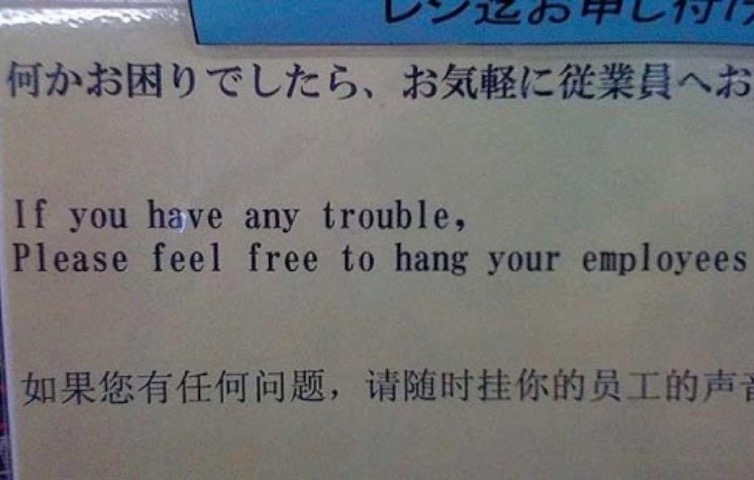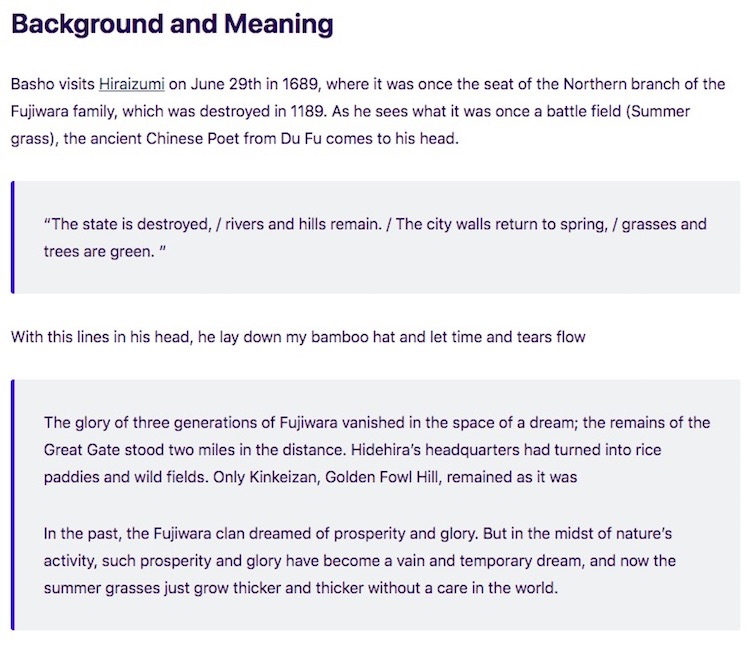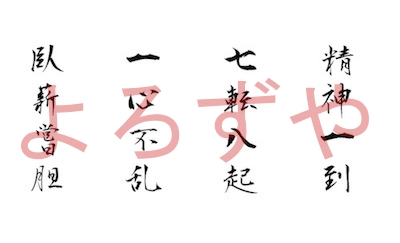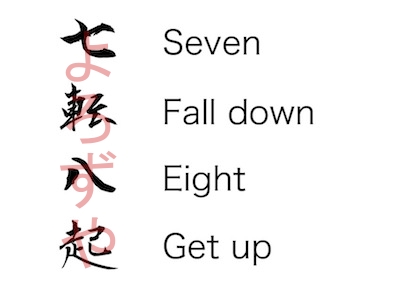
Lost in Translation, 2 overlooked factors that cause a pity Japanese sentence tattoo
in miscellaneous on August 17, 2020In this article, I’m going to share my thought with you on some pity Japanese sentence tattoo that I came across the other day.
I don’t mean to belittle nor discredit whoever came up with the designs and I know ‘the beauty is in the eyes of beholder’ but I just wanted to share with you this perspective, and this should be helpful if you don’t want your tattoo to sound/look cheap.
I’ve already shared the risks associated with getting a Japanese phrase/Kanji from a Kanji generator or of some kind the other day.
▶️NO MORE TATTOO FAIL ! Get 100% Confident with your Kanji tattoo
In this article, I would like to add another 2 factors that should be considered to get the perfect and awesome Japanese phrase for your needs.
These 2 factors are
- Be careful with the word for first person
(Collocation) - Avoid literal translation
Be careful with the word for first person
In English, the word for first person is ‘I’, whereas in Japanese, there are dozens of different words for it and each has different connotations and tastes to it
- 僕(Boku)
- 私(Watashi)
- 俺(Ore)
- わし(Washi)
- オラ(Ora)
- 自分(Jibun)
- 我(Ware)
- 己(Onore)
etc…
The design that I came cross the other day was “自分を信じる” which means “Believe in Yourself”
- 自分を (self)
- 信じる (to believe)
This phrase sounds neat, concise and straight to the point in English.
In Japanese however, the phrase sounds rather cheap and weak if you use “自分を” in this context.
It does make sense and there’s no grammatical mistakes but I’m talking about the context and collocation here.
This phrase is natural and nothing wrong when you speak and use it in everyday life, but when used in writing(especially for resolution and conviction), it becomes rather cheap and weak somehow.
But if you replace that “自分を” with “己を”, the phrase then sounds more serious, determined and dignified.
“己を信じる”
If you want that conviction inked in your body or put it up on the wall, “己を信じる” or ” 己を信じよ” sounds much much more impressive and cool than “自分を信じる”
- 己を信じる(from within yourself)
- 己を信じよ(ordering/directing/telling yourself)
“己” sounds more independent than “自分”
Avoid literal translation if you can
When you are travelling, literal translations should just do the job to get through in most situations.
But I assume that this isn’t the case for your tattoo design.
The best thing you can do is to avoid literal translations if you can.
Another example of cool English phrase which becomes cheap and pity when literally translated into Japanese is “Never Give Up”
The literal translation of this phrase is “決して諦めない”
- Never : 決して 〜 ない
- Give up : 諦め(る)
This sentence dose not contain a word for first person.
But still, it sounds rather cheap and pity and far from the best sentence/phrase for cool tattoo/design.
Again, I’m not saying this is bad or wrong, but it’s just makes me think that the phrase could have been better to express your feeling/conviction and I wanted to help you do that.
So if you are not that concerned or fussed about the accuracy or subtle difference, free translation tools should do the job for your needs.
I have to admit that some of those translation tools do really good jobs and makes me feel like that the time I spent on learning English was a waste…at times..
But I can say that you’ll always have some degree of uncertainty with machine translated phrases.
So I came to the conclusion that the solution to this problem and getting natural sentence is to stop translating your word into Japanese and start reverse-looking up instead
Solution = Reverse look up
Japanese and English are from totally different language family.
So simply translating a word or sentence will most likely end up in awkward phrases and sound weird as I just mentioned above.
That’s why I recommend reverse-look up.
What I mean by that is to find a phrase or sentence that have been used in the Japanese society and this site is dedicated to provide those sentences from
- 4-letter idioms
- Proverbs/saying
- Samurai Quotes
- Japanese Poetries
and many more.
Not only does each page contain its meaning, but also a good amount of background.

That way, you can be 100% confident with the phrase.
In the case of “Never give up”, the better option is to get a 4-letter idiom rather than making it a sentence.
You have a couple of options to choose from like below, each idiom has 4 different kanjis and you can check what each kanji means in their product page.


This should help you pick the one that most suits your feeling/conviction.
You also have several writing styles to choose from.
I have given my impression to each style and you use it as a reference.

It might take a little bit more of extra effort than simply translating your word into Japanese.
But I hope that extra effort should pay off.
Enjoy browsing !
